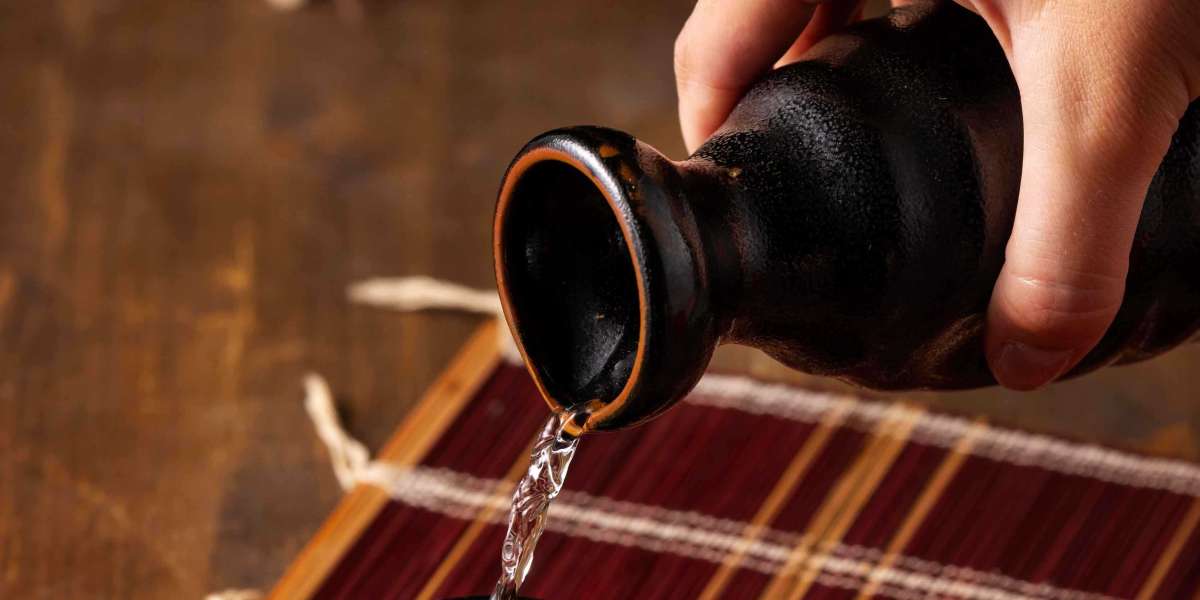In the world of alcoholic beverages, traditional spirits hold a special place, offering a taste of history and craftsmanship passed down through generations. These spirits reflect the culture, ingredients, and artistry of their place of origin, making them a valuable part of global heritage. Whether it’s Korean soju, Japanese sake, or Mexican mezcal, each traditional spirit tells a story of the people who craft it and the lands that nurture its raw ingredients.
What Makes a Spirit Traditional?
A traditional spirit is defined by its time-honored methods, locally sourced ingredients, and strict adherence to historical techniques. Unlike mass-produced liquors, these spirits are crafted using age-old distillation or fermentation processes that maintain their authenticity. The use of wooden casks, clay pots, and open-air fermentation in some cultures contributes to the unique flavors that modern distilleries struggle to replicate.
Key Characteristics of Traditional Spirits
- Natural Ingredients – Made from locally grown grains, fruits, or plants, ensuring rich and authentic flavors.
- Heritage Production Methods – Crafted with techniques passed down through generations, such as pot distillation or open-air fermentation.
- Cultural Significance – Often tied to religious ceremonies, family traditions, or national celebrations.
- Aging Process – Many traditional spirits undergo an aging process in wooden barrels, which enhances their depth and complexity.
The Timeless Appeal of Traditional Spirits Worldwide
Across the globe, various countries have preserved their rich heritage of traditional spirits, ensuring that modern consumers can experience their legacy. Here are some of the most famous ones:
Korean Soju
Soju is a renowned traditional Korean spirit made from rice, barley, or sweet potatoes. It has been a staple in Korean culture for centuries and is known for its smooth, slightly sweet taste. Artisanal soju makers still use distillation techniques from the Joseon dynasty, making it a must-try for connoisseurs of traditional spirits.
Japanese Sake
Sake, a fermented rice wine, is one of Japan’s most iconic traditional beverages. The process of brewing sake involves koji mold and natural fermentation, resulting in a beverage that pairs well with Japanese cuisine. Many breweries have been crafting sake for centuries, keeping the traditional methods alive.
Mexican Mezcal
Often compared to tequila, mezcal is a deeply traditional Mexican spirit with smoky notes and earthy flavors. Made from the agave plant, mezcal is typically distilled in small batches using clay or copper stills. The unique roasting process of agave piñas in underground pits gives mezcal its signature smokiness.
Scottish Whisky
Scotland is famous for its whisky, a traditional spirit aged in oak barrels for years, sometimes even decades. The Scottish distillation process, which dates back to the 15th century, follows strict legal requirements to ensure authenticity. Each region of Scotland produces distinct styles, from peaty Islay malts to smooth Highland varieties.
Indian Feni
Feni, a lesser-known but deeply traditional Indian spirit, is made from cashew apples or coconut sap. It is a staple in the state of Goa and has been produced for over 400 years. Feni is crafted using natural fermentation and distilled in small pot stills, making it a highly authentic and culturally rich beverage.
Why Choose Traditional Spirits Over Commercial Liquors?
Modern distilleries often prioritize mass production over quality, using artificial flavors and rapid aging techniques. Traditional spirits, on the other hand, focus on authenticity, flavor depth, and artisanal methods. Here are some reasons to opt for traditional spirits:
- Unique and Complex Flavors – The natural fermentation and aging process bring out distinct flavors that commercial liquors lack.
- Cultural Experience – Drinking a traditional spirit connects you to the history and customs of its place of origin.
- Higher Quality Ingredients – Many traditional spirits use organic, locally sourced ingredients with minimal additives.
- Sustainability – Many small-batch producers focus on eco-friendly practices, ensuring long-term sustainability.
The Future of Traditional Spirits
With increasing interest in craft beverages, the demand for traditional spirits is growing. Younger generations are becoming more interested in heritage drinks, seeking out artisanal brands that honor authenticity. Additionally, sustainable production methods are making these spirits more appealing to eco-conscious consumers. The global market for traditional spirits is expected to expand as more people appreciate the craftsmanship behind each bottle.
Conclusion
Traditional spirits are more than just alcoholic beverages; they are a reflection of history, culture, and craftsmanship. Whether you’re sipping on a smooth Japanese sake, a smoky Mexican mezcal, or a rich Scottish whisky, you are experiencing centuries of dedication and artistry. As consumers continue to value authenticity over mass production, the world of traditional spirits is poised for a bright and flavorful future.







